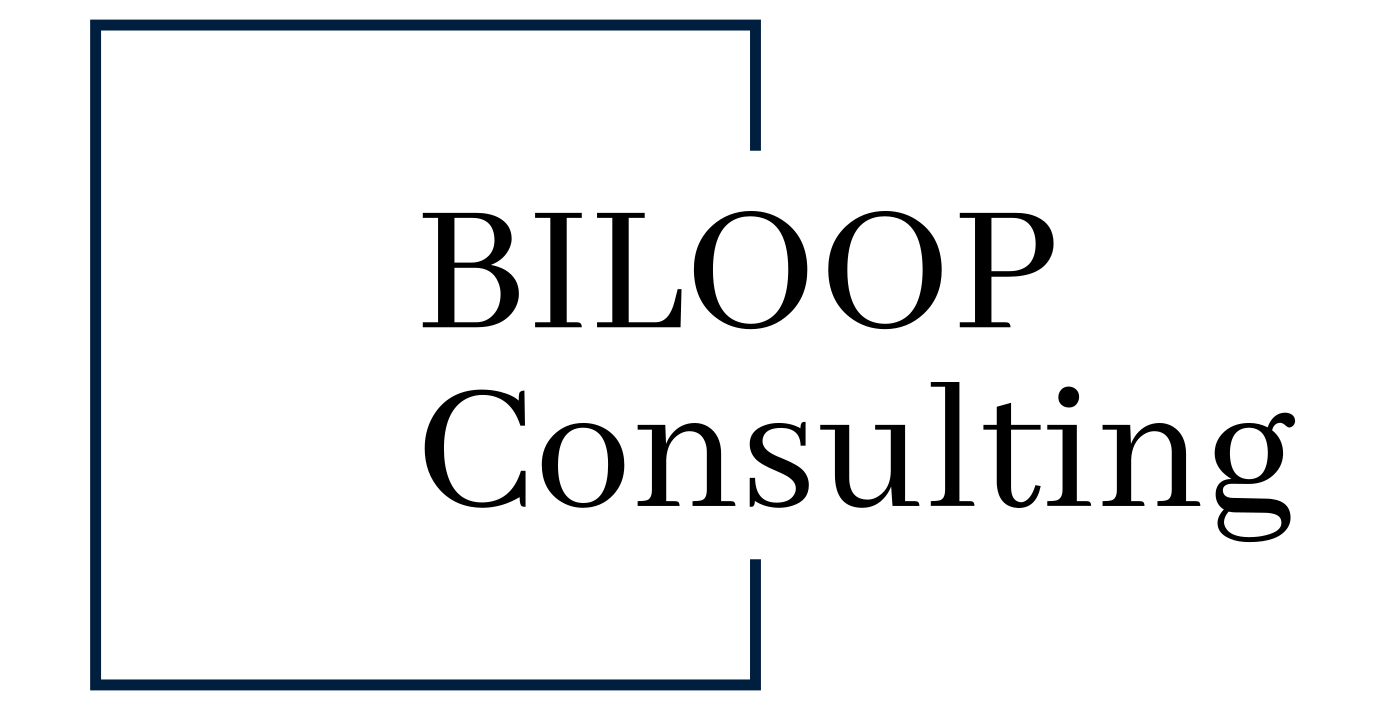Sustainable business practices have long been recognized as a necessity. Companies face the challenge of effectively implementing their projects without losing sight of their core goals and values. This is where alignment consulting comes into play – a crucial approach to strategically, operationally, and culturally steering sustainability initiatives.

Why is Alignment Important?
Sustainability projects are often complex and involve many areas of a company. They require the cooperation of teams with different skills, perspectives, and priorities. Without clear alignment – that is, the coordination of all stakeholders towards common goals, values, and regulations – misunderstandings, resource conflicts, and inefficient processes can arise. The result: delays, cost overruns, or even project failure.
The Role of Alignment Consulting
Alignment consulting helps companies align their sustainability projects in a way that contributes to both strategic and operational business success. Three core areas are in focus:
- Strategic Alignment: Sustainability goals must be aligned with the company’s overall strategy. Consulting helps to link the company’s vision and mission with the specific goals of the project. Questions such as “How does this project contribute to long-term company success?” or “How can we combine environmental responsibility with economic growth?” are at the center of this.
- Cultural Alignment: A sustainable project requires a culture that promotes values such as environmental awareness, social responsibility, and cooperation. Consulting ensures that managers and employees develop a shared understanding of the project’s importance and personally identify with the goals.
- Operational Alignment: This is about efficient implementation. Consulting ensures that resources, processes, and technologies are optimally used to achieve project goals. At the same time, it is ensured that all departments work closely together and contribute their respective strengths.
Best Practices for Successful Alignment
- Stakeholder Integration: Early involvement of all relevant stakeholders – from ownership to employees to external partners – ensures transparency and acceptance.
- Clear Communication Strategies: Open and consistent communication is crucial to keep all stakeholders informed and avoid misunderstandings.
- Maintaining Flexibility: Sustainability projects are often dynamic. Flexible planning and regular reviews help to respond to changes without losing sight of the overall goal.
- Performance Measurement: The definition of clear KPIs makes it possible to measure the project’s progress and make adjustments in a timely manner.
Conclusion
Sustainability projects are an important step into the future, but their complexity and potential for conflict are often high. Alignment consulting ensures that all stakeholders pull together – from strategy to operational implementation. With a clear focus, companies can not only achieve their sustainability goals but also make a positive contribution to society and the environment.

